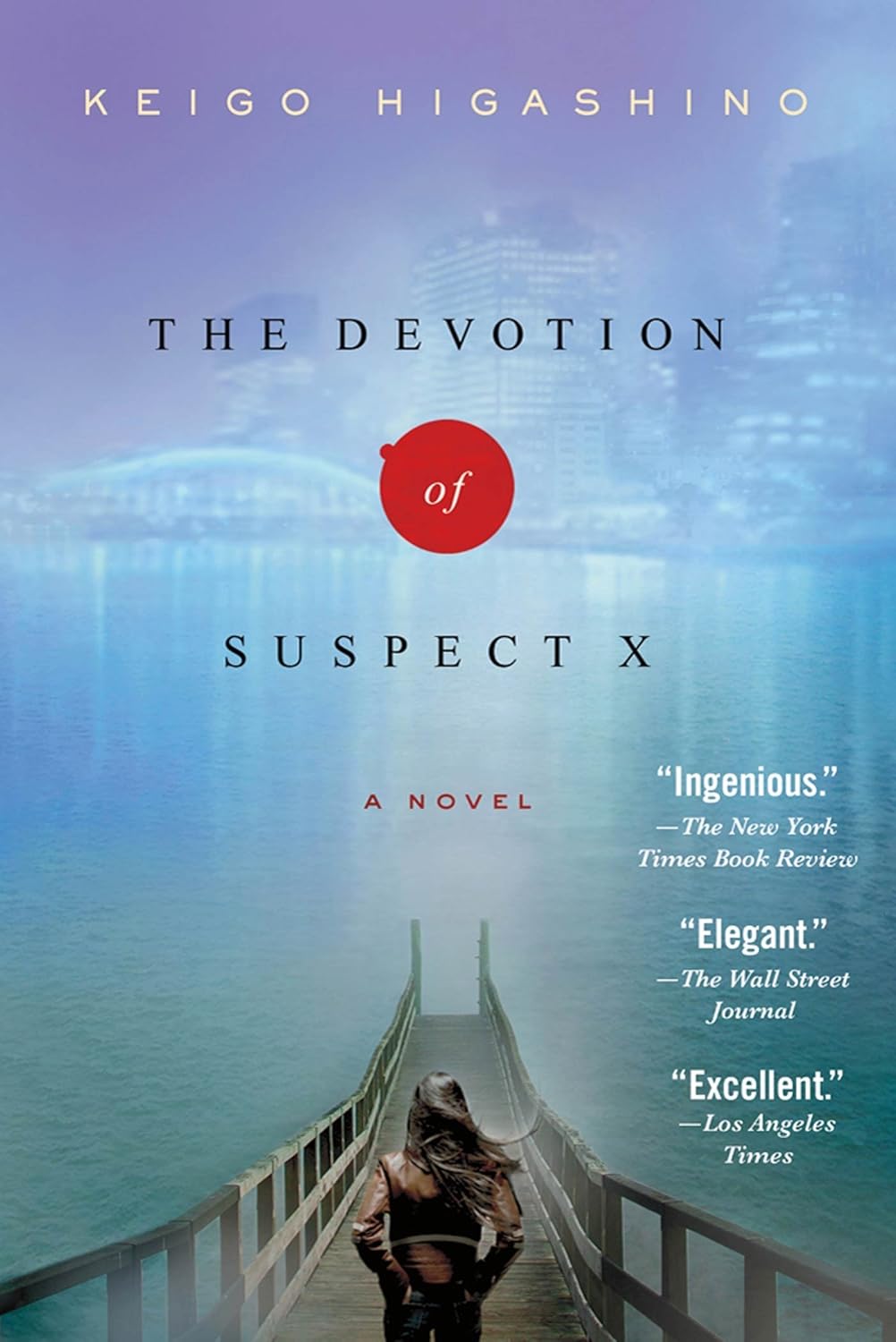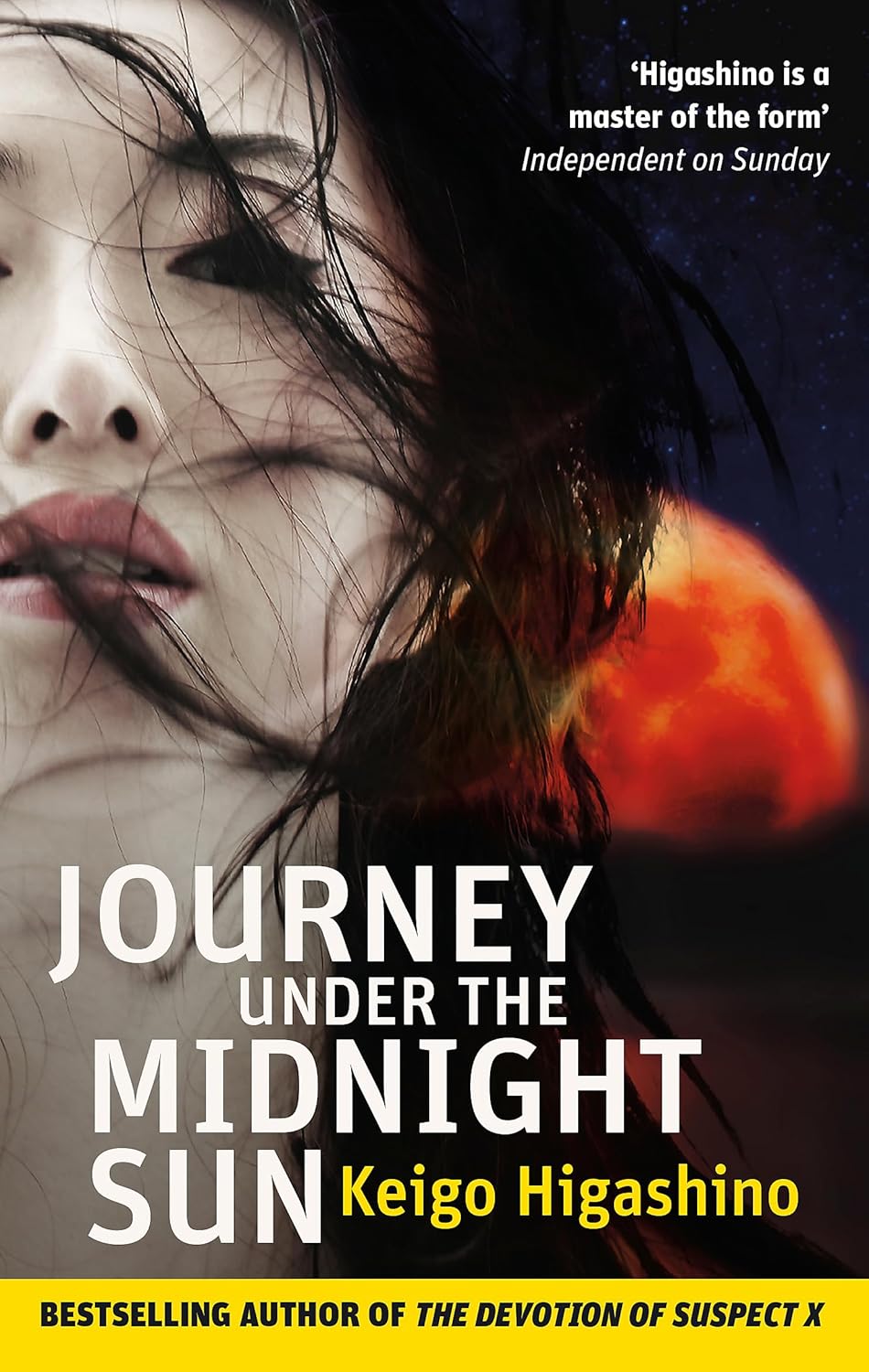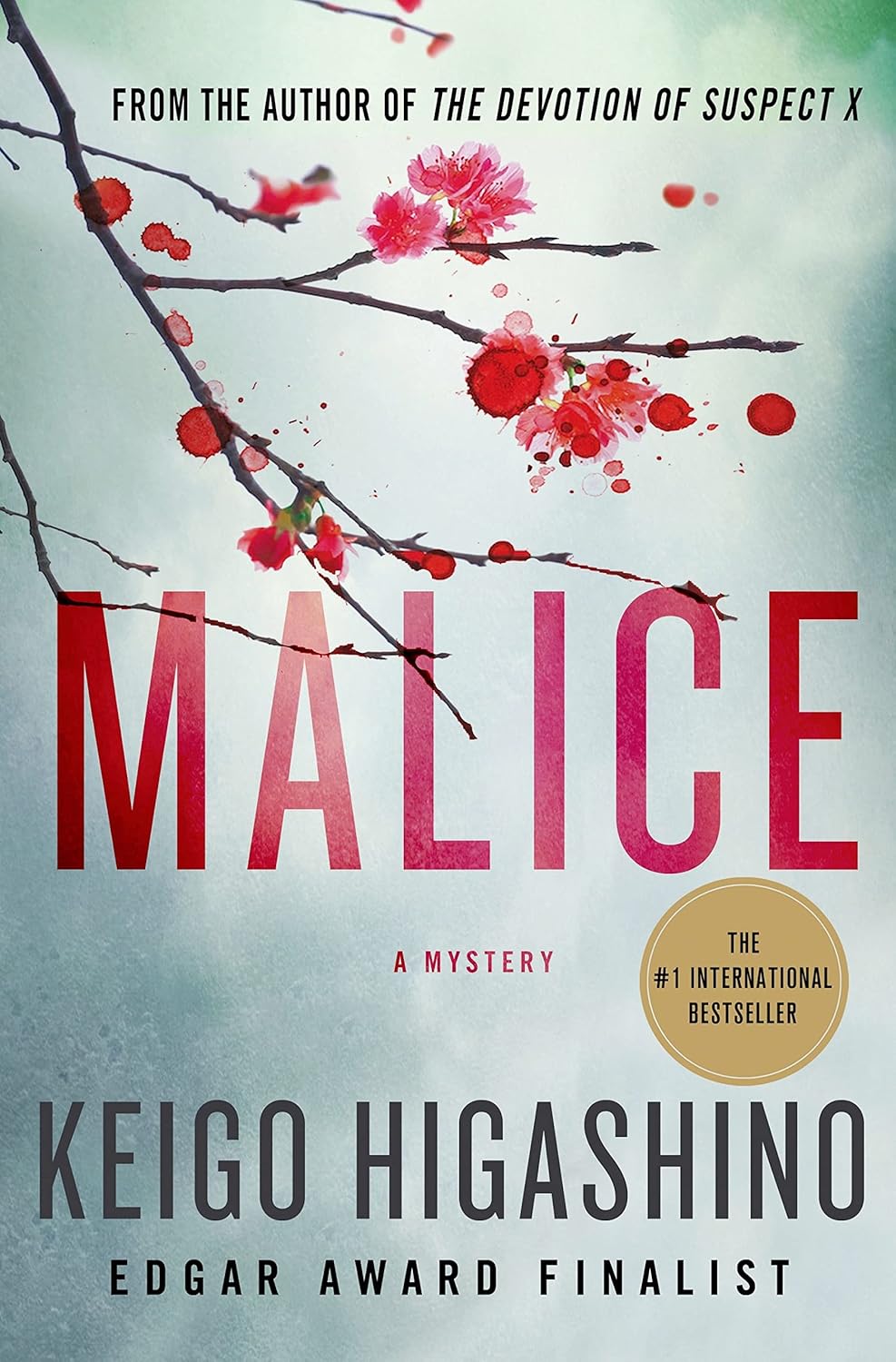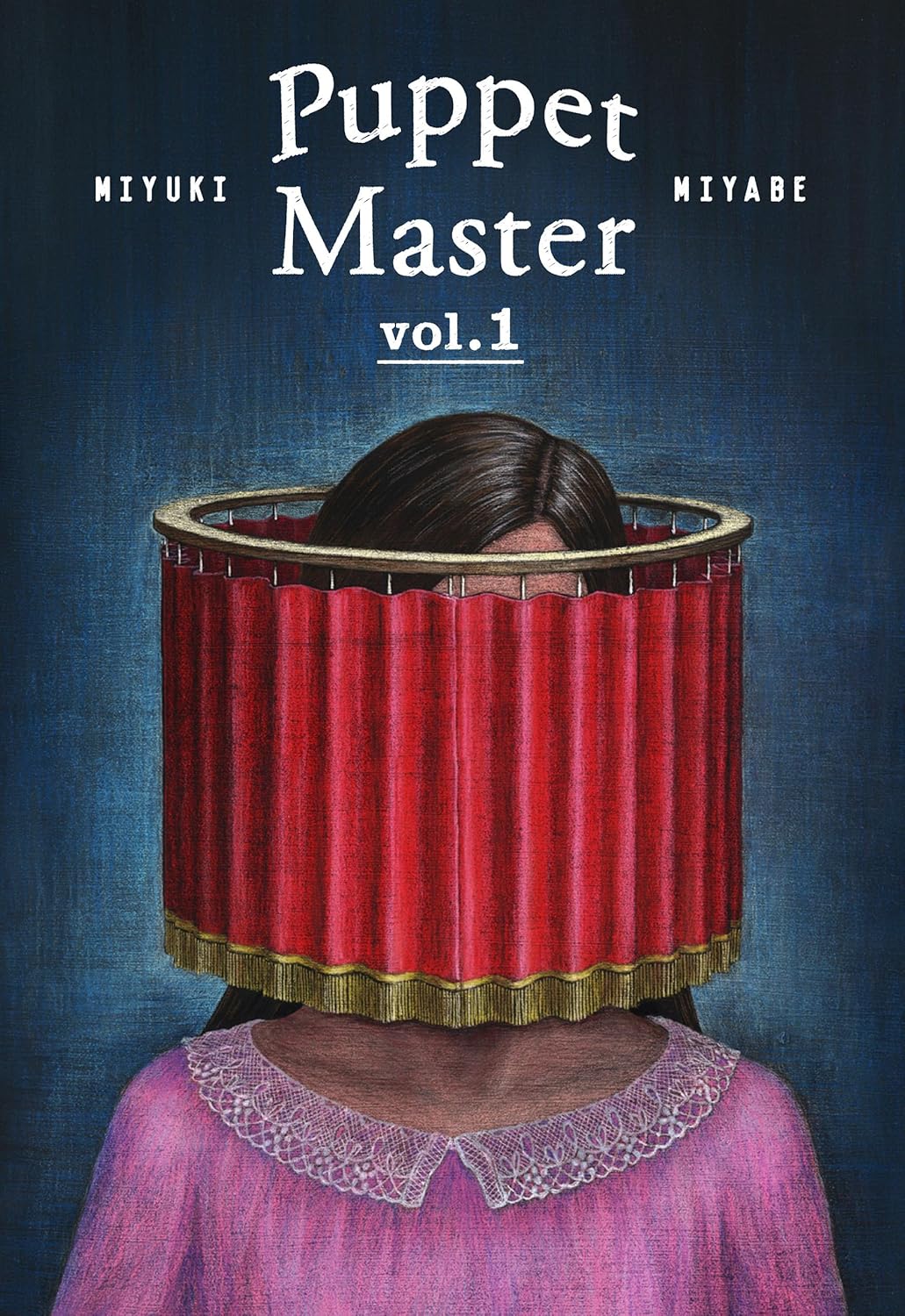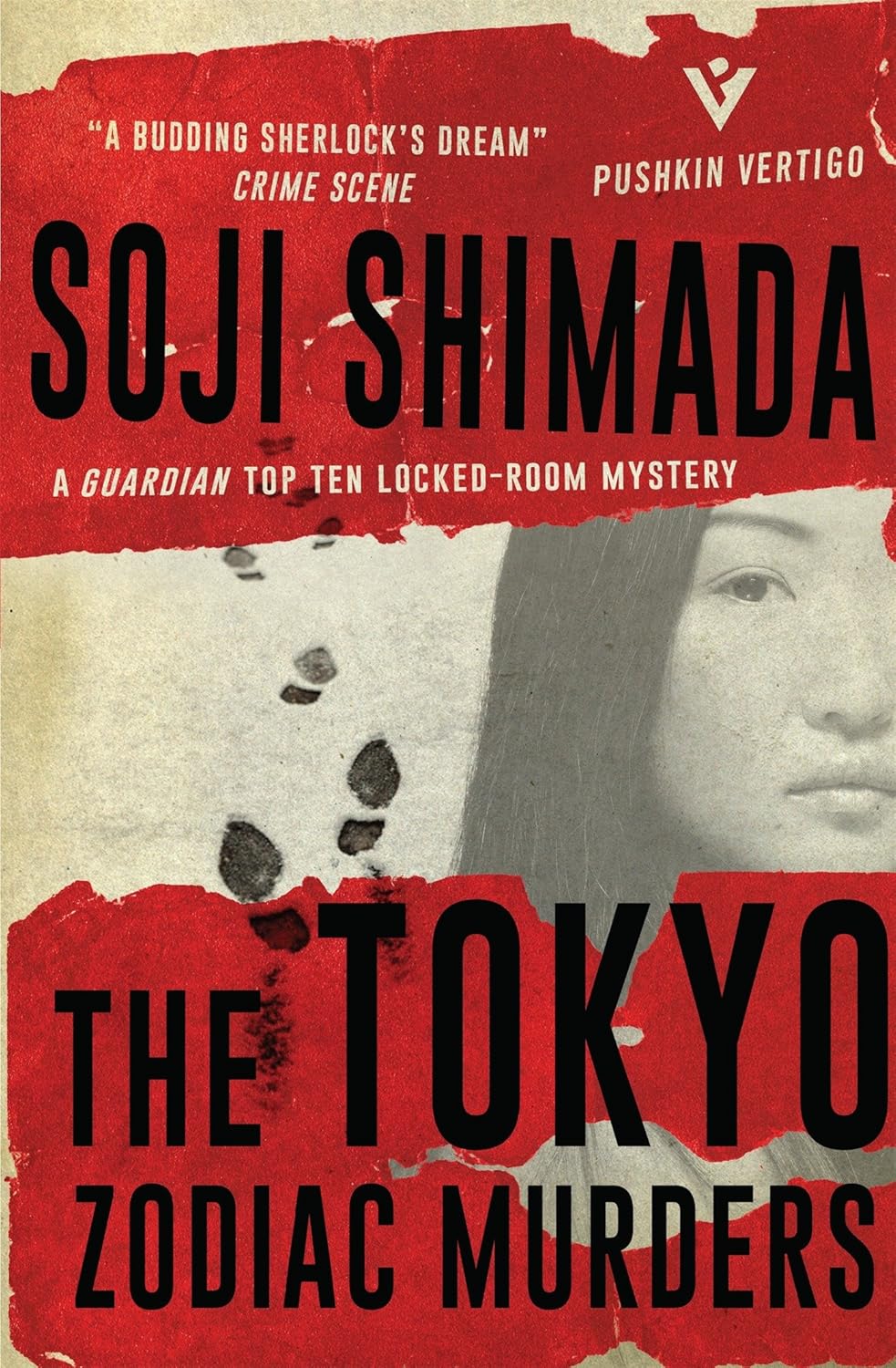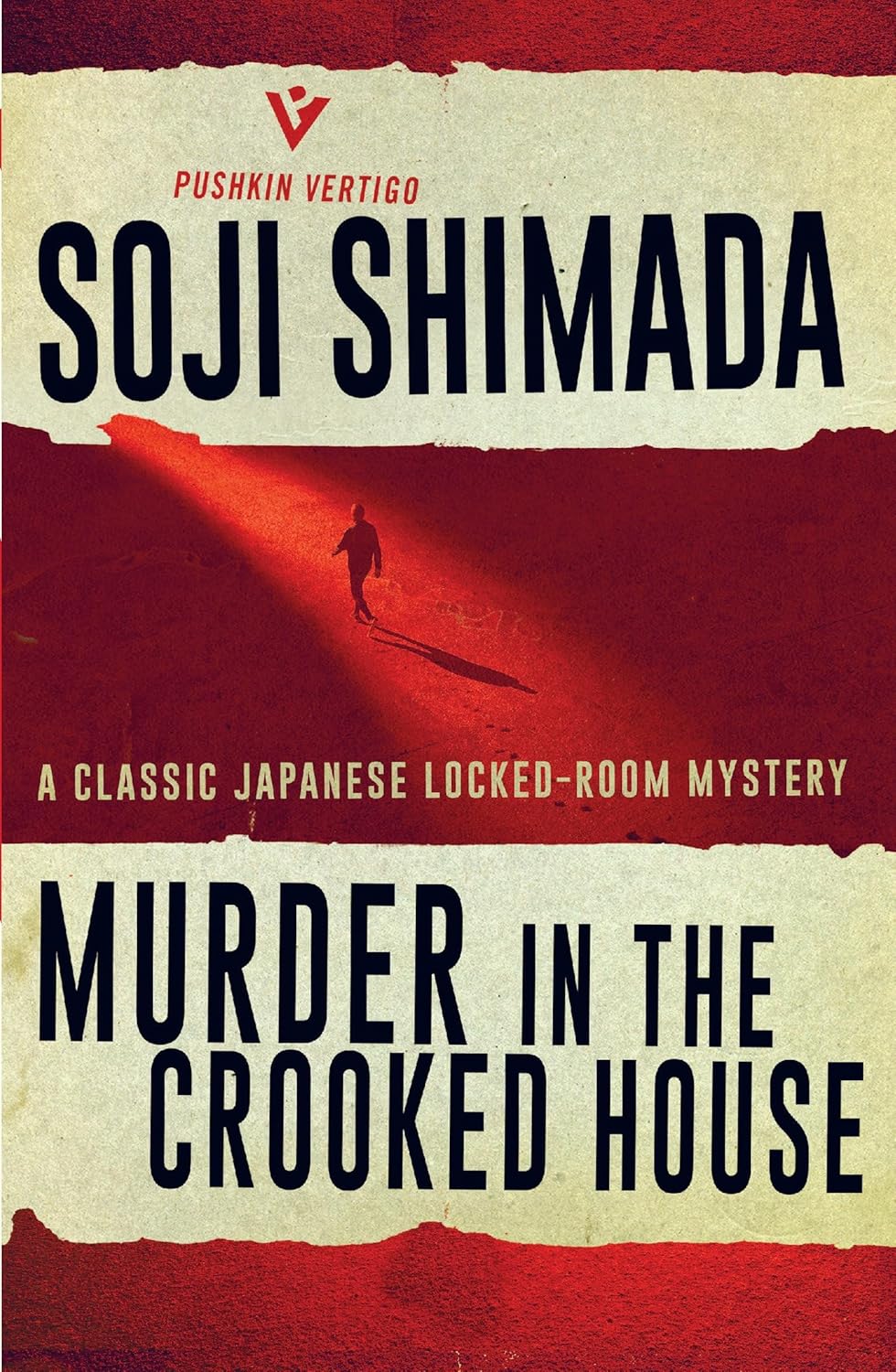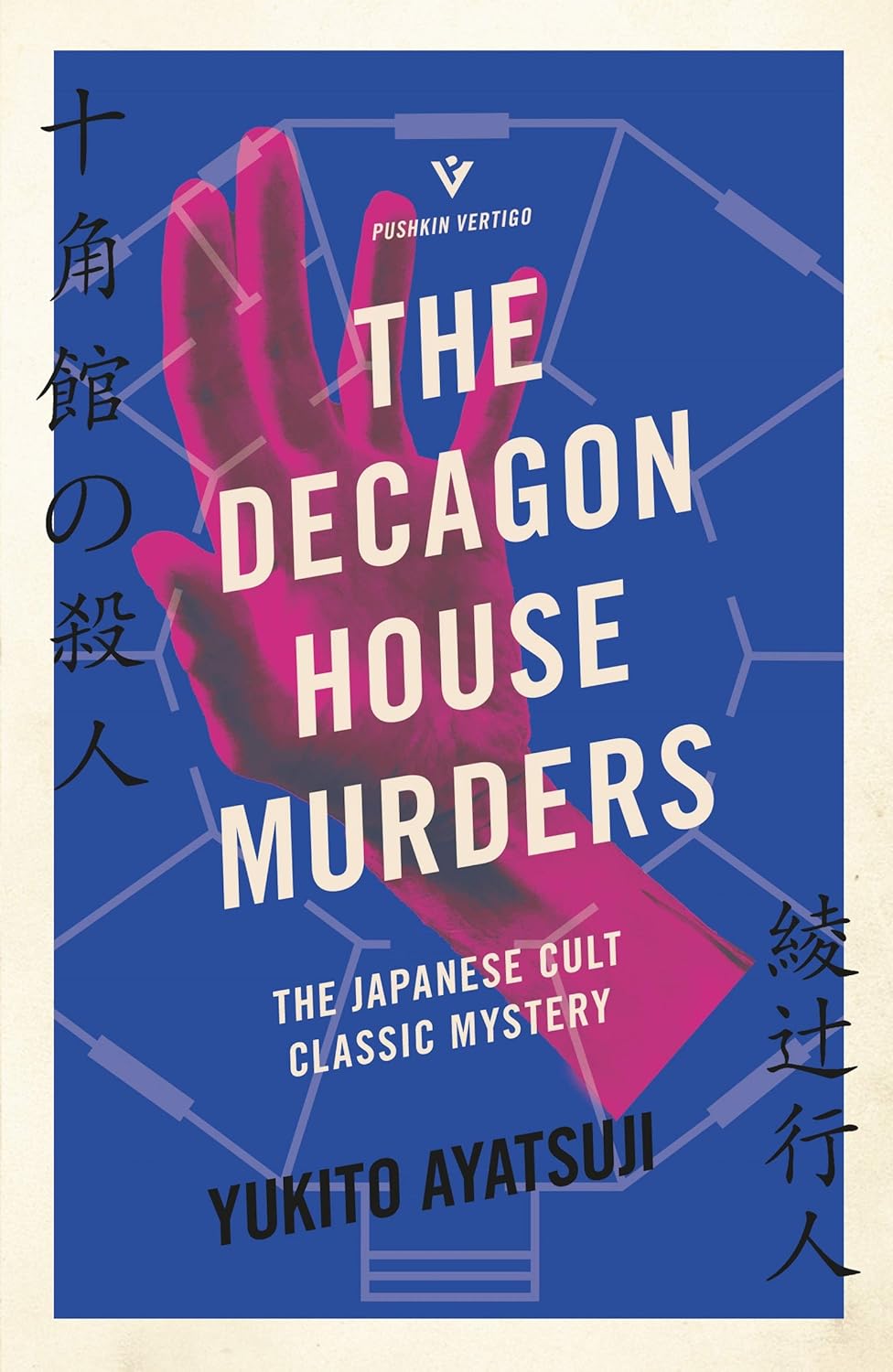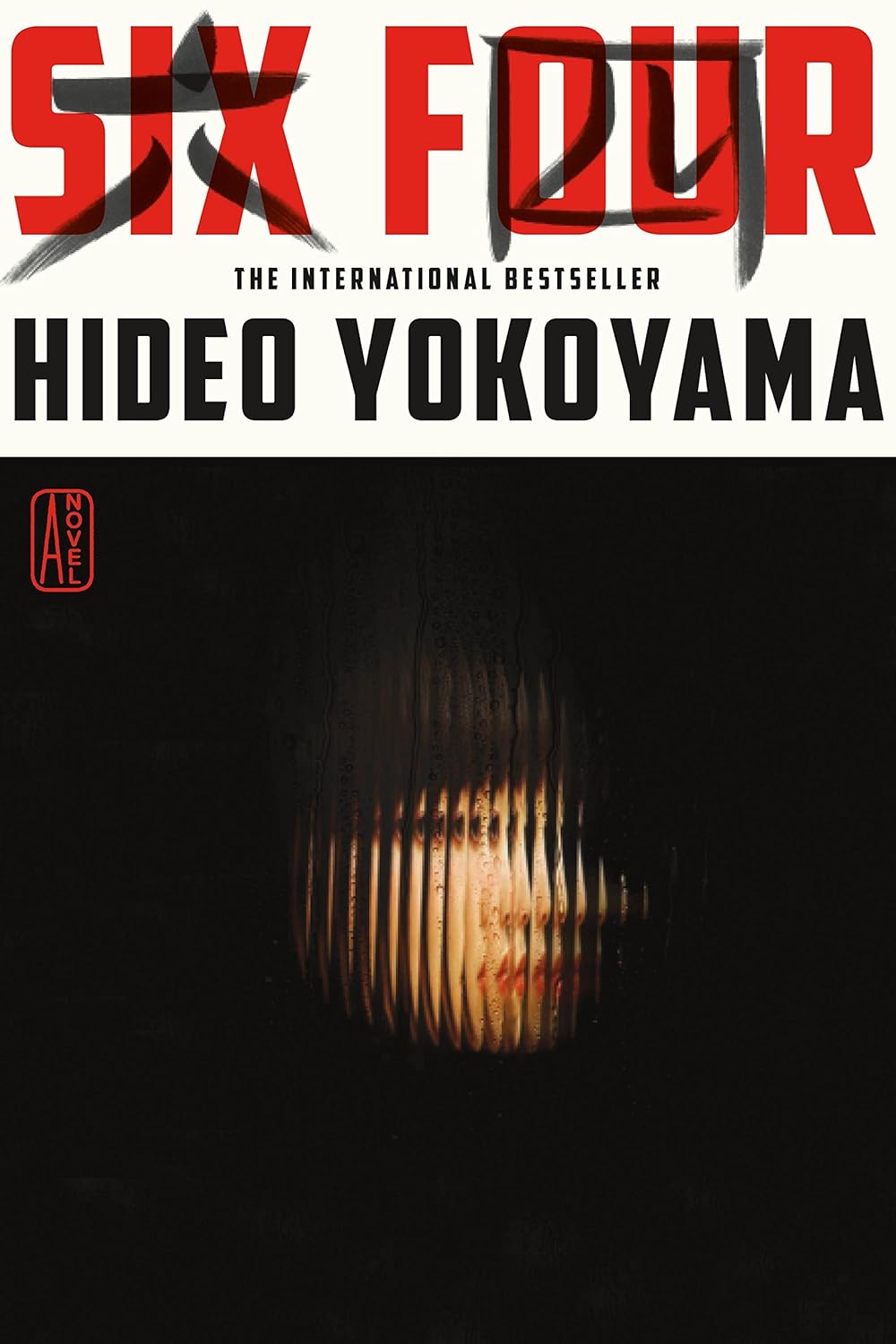Best Japanese Mystery Novels Worth Reading - Expert Reviews & Recommendations
Are Japanese Mystery Novels Worth Reading? A Japanese Reader's Honest Assessment
If you're wondering whether Japanese mystery novels are worth your time as an English reader, the answer is absolutely yes. As a Japanese reader who grew up immersed in our country's rich mystery tradition, I've witnessed firsthand how these stories reflect something uniquely Japanese—a meticulous attention to detail, an appreciation for intellectual puzzles, and a deep exploration of human psychology that goes beyond simple whodunits. The best Japanese detective fiction offers something you simply can't find in Western mysteries.
Why Japanese Mysteries Are Different
The Honkaku Tradition: In Japan, we have "honkaku" (本格) mysteries—fair-play detective stories where readers have all the clues needed to solve the puzzle. This tradition, inspired by Golden Age Western mysteries but evolved into something distinctly Japanese, creates an intellectual game between author and reader that I find irresistible.
Cultural Context Matters: Many nuances in Japanese mysteries come from our social structures—the significance of obligation (giri), the weight of shame, the complexity of maintaining face (tatemae vs. honne). When I read these books in English, I'm often impressed by how well translators convey these cultural subtleties that are crucial to understanding characters' motivations.
The Japanese Approach to Motive: While Western mysteries often focus on greed or passion, Japanese mysteries frequently explore more complex psychological territories—the accumulation of small resentments, the burden of social expectations, or the tragedy of miscommunication. This psychological depth is what initially drew me to the genre.
My Reading Journey
I discovered mystery novels in middle school, starting with Edogawa Ranpo before moving to contemporary masters like Higashino and Miyabe. Reading these stories shaped my understanding of logic, human nature, and storytelling. Now, I want to share these treasures with English readers who might not know what they're missing.
What You'll Find Here
I've selected books that:
- Represent the best of different Japanese mystery subgenres
- Have quality English translations that preserve the original's essence
- Offer genuine insight into Japanese society and psychology
- Provide that satisfying "aha!" moment that mystery lovers crave
Each book has its own page where I share:
- My personal reading experience and what struck me most
- Cultural context that enhances understanding
- Why this particular work matters in Japanese mystery canon
- What makes it accessible (or challenging) for English readers
Best Japanese Mystery Novels - My Top Recommendations Worth Reading
Modern Masters
Psychological Thrillers
Classic Honkaku
Police & Social Mysteries
Dark Psychology
A Note on Reading Order
If you're new to Japanese mysteries, I recommend starting with The Devotion of Suspect X. It's accessible, brilliantly plotted, and showcases what makes Japanese mysteries special without requiring deep cultural knowledge. From there, branch out based on your interests:
- Love psychological complexity? Try Malice or Journey Under the Midnight Sun
- Prefer classic puzzles? Go for The Tokyo Zodiac Murders or The Decagon House Murders
- Interested in social issues? Six Four or Puppet Master await
Translation Notes
As someone who reads these books in both Japanese and English, I'm consistently impressed by the translation quality. The translators have done remarkable work preserving not just the plots but the atmosphere and cultural nuances that make these stories resonate.
